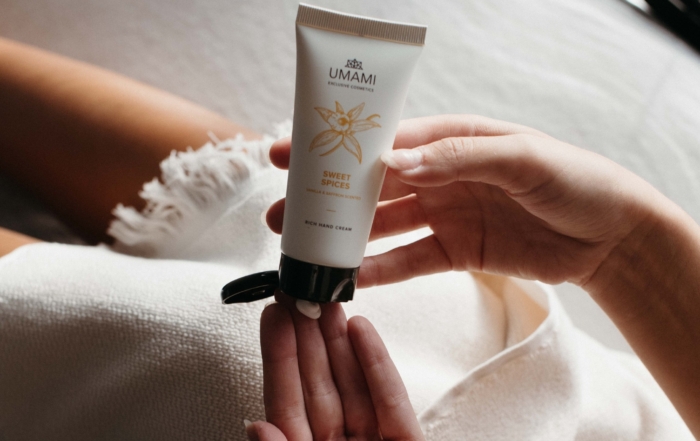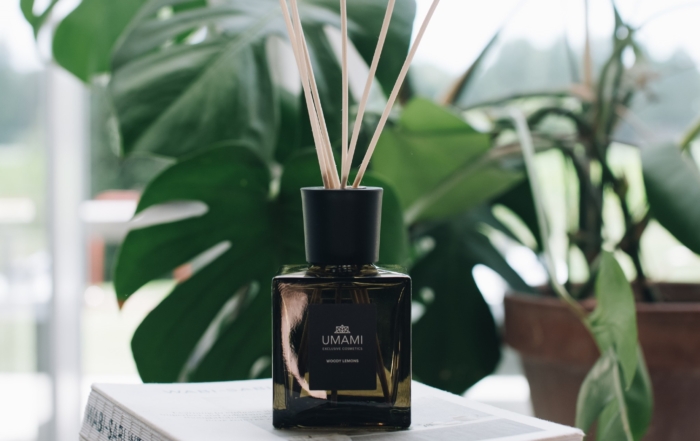Is your skin dull or sensitive? Is it feeling itchy or tight? If you recognise these symptoms you may have dry or dehydrated skin. Even though dry and dehydrated skin seem very similar, they are actually very different from one another. A dry skin is often recognized by a lack of sebum while dehydrated skin lacks moisture. Cells in the epidermis of the skin are supposed to contain about 10% moisture. When it’s anything less we call the skin dehydrated. This means that even an oily skin can still be dehydrated. Both types of skin each require their own treatment. It is therefore important to determine whether your skin is dry or dehydrated. We will help you differentiate by giving you a quick summary of both types.
A dry skin:
- Is a skin type which is mostly genetically determined.
- Is lacking sebum.
- Has a dull appearance and feels tight.
- Is more sensitive to wrinkles and fine lines.
- Feels dry on multiple places, not just your face but also your body.
- Easily irritated.
- Has a thinner structure and fine pores.
A dehydrated skin:
- Is a skin condition that anyone can get. It is usually caused by a couple of internal and external influences. Every skin type, even oily skin, can be dehydrated.
- Is lacking in moisture.
- Can feel both dry as well as oily. It is often recognized by a shiny layer on the cheeks and forehead.
- Comes and goes depending on a variety of factors such as: environment, food, stress, lifestyle, seasons, sun and air-conditioning.
- Can involve dry lines. Dry lines are not the same as wrinkles and can be removed with the right product.
- Often involves acne and other blemishes.
Care
A dry skin needs extra care and constant nourishment. Try not to take hot showers too often and to not use too much soap. The best solution is to continuously apply a nourishing product.
When you have a dehydrated skin it is important to help restore the skin’s moisture balance by hydrating the skin. It is important to use mild products that do not disrupt the skin’s natural barrier. Choose products that are rich with vitamin C and other nourishing ingredients that help your skin lock up moisture.
The body creams by Umami, contain Shea Butter which is known for making skin supple. Shea Butter, in comparison with other natural oils, has a high amount of healing properties. This stimulate the process of cell renewal and helps the skin to heal. It also slows down skin ageing. Shea Butter is also a great moisturiser for your skin. Moreover, it supports the epidermis and helps it retain moisture. The essential vitamins that are in Shea Butter also improve skin elasticity. Lastly, Shea Butter is enriched with Allantoin, which helps with restoring damaged skin. Umami’s rich creams are ideal for dry and dehydrated skin, they do not feel oily and they help make your skin healthy again.
Tips
- Adjust your moisturiser if you are suffering from dry skin. Opt for a nourishing cream.
- If your skin is dehydrated, then use a hydrating cream.
- Try to avoid aggressive scrubs and cleansers.
- Drink sufficient amounts of water: 1,5 to 2 litres a day is enough.
- Fish oil capsules with omega 3 fatty acids can help improve the skin’s condition.
- Watch what you eat. Adding green leaves to your diet such as kale or spinach which contain Lutein, helps protect your skin against UV-rays.
Sitting right in front of an air conditioner will also dry out your skin. Air conditioners lower humidity in the air which can cause your skin to dry out.





